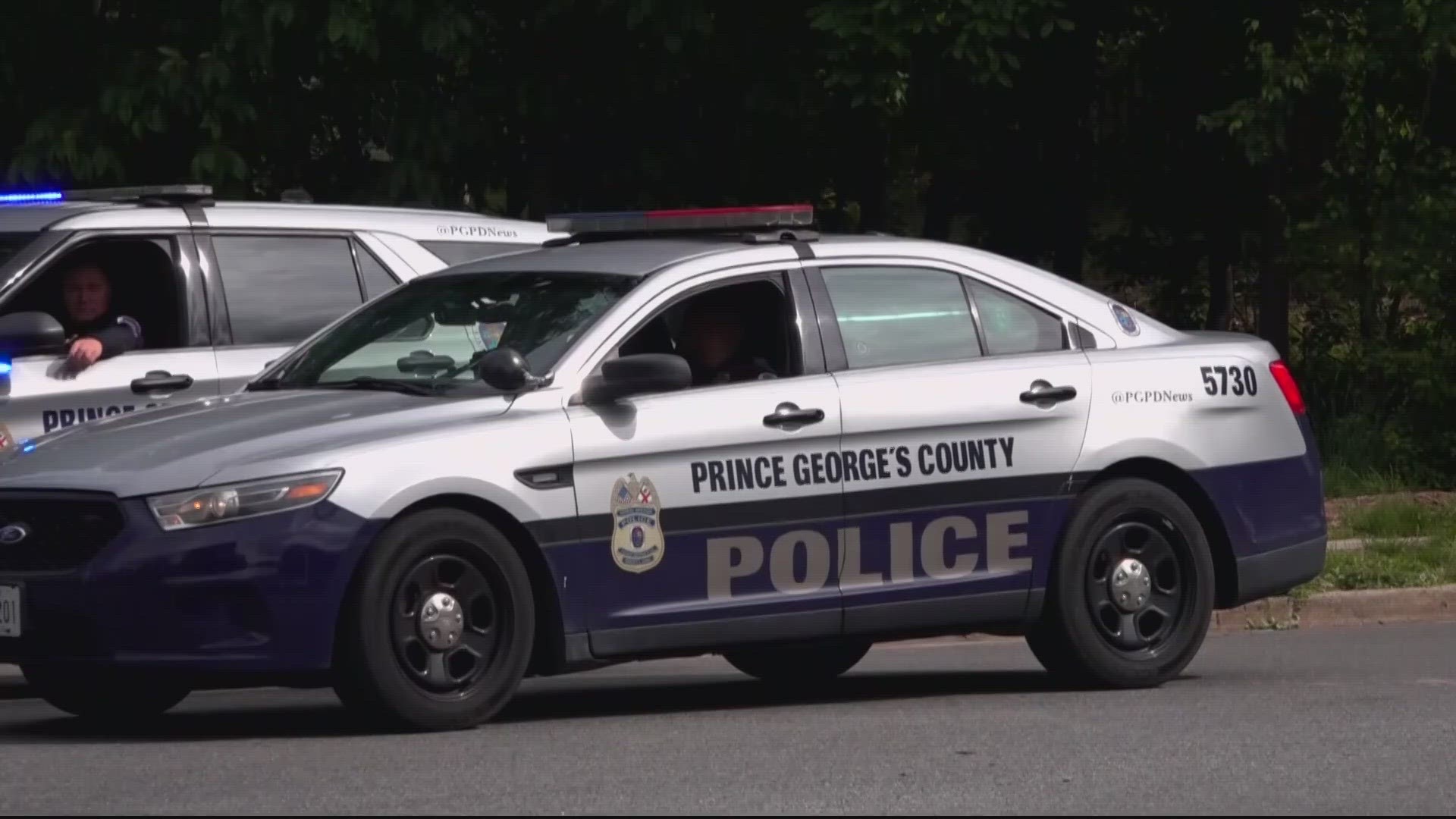PRINCE GEORGE'S COUNTY, Md. — There are many unanswered questions about 15-year-old Kaden Holland's alleged gun crimes and who may have helped him hide for nearly a month.
And authorities say Maryland law is making it harder to get answers.
"Under the new laws of the state of Maryland, it has become more difficult for police to question young people about anything," said Prince George's County Police Chief Malik Aziz.
Police say Holland, who goes by "Baby K", has not answered any questions about the alleged attack on a school bus. And, under a new Maryland law he doesn't have to without the permission of an attorney.
"Not even parental consent," said Aziz. "Parental consent is not even in play. It is an attorney (who) has to give permission."
"That law has really been a problem for us," said State's Attorney Aisha Braveboy - in this case and others.
"Young people are less willing to provide critical information to solve crimes," she told WUSA9.
Prince George's County Councilmember Wanika Fisher helped write the reforms last year as a state delegate.
"The whole goal when you look at the statute around juvenile justice is rehabilitation," said Fisher who said changes may be needed.
"No law is perfect," she said. "I think there might be room in Annapolis to change that law when a child is being questioned on a felony charge. But it can be sticky. I mean, I could see a parents being upset that you are questioning their teenager on a sexual assault or rape charge and that's a felony."
The state's attorneys says with more young people committing violent crimes, other changes to the law may be needed, too.
"What I'm being asked in the community is, 'How do we hold parents accountable?'" Braveboy said.
She says currently she has no legal authority to charge parents for crimes their kids commit.
Thursday the state's attorney plans to be in court to ask that "Baby K" be held without bond like the three other teens accused in the bus attack.

